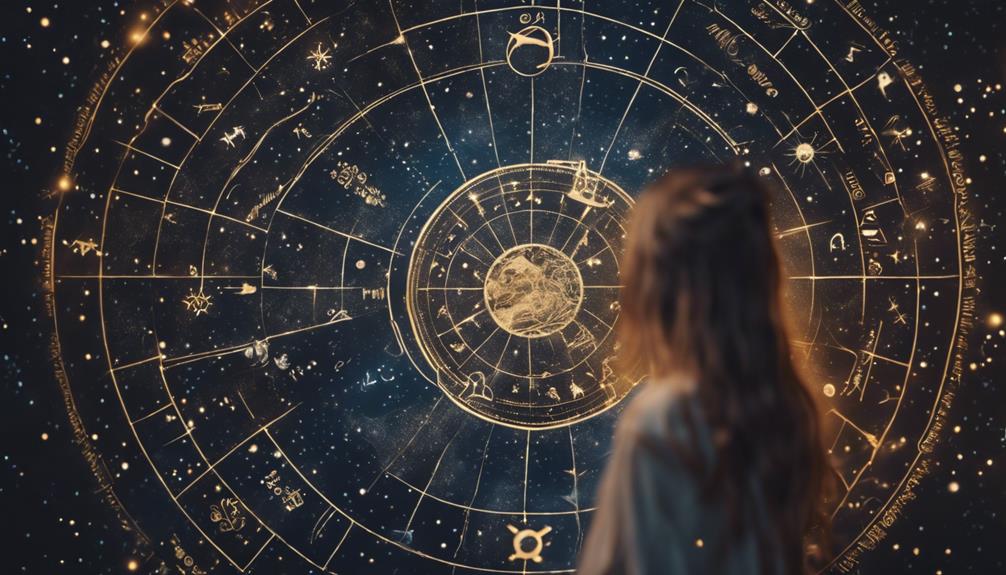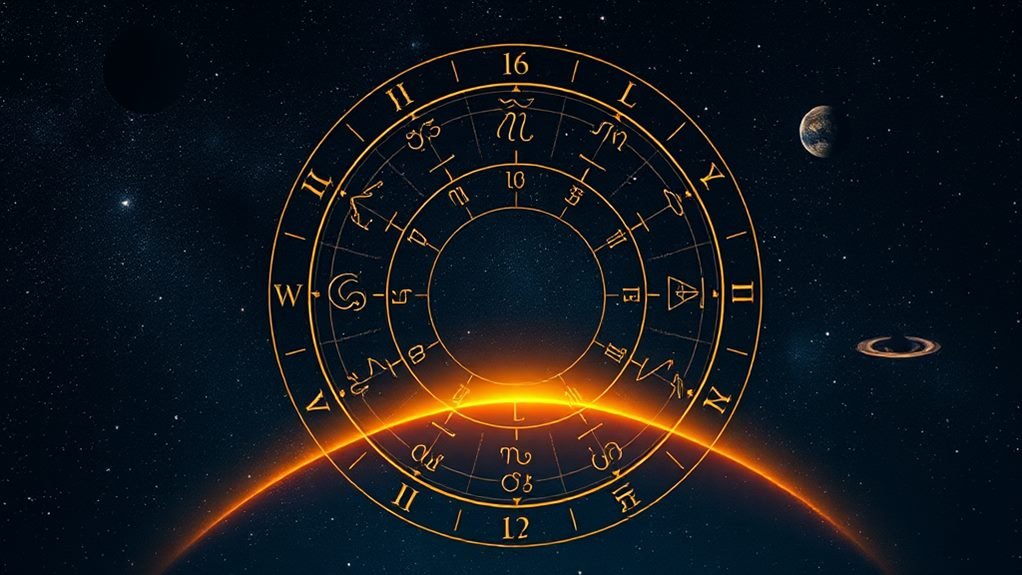Uncovering the Truth: Will Astrology Really Work?

Astrology has been a topic of debate for many years. Some people swear by it, while others dismiss it as a pseudoscience. In this article, we will explore the effectiveness of astrology and address the question on everyone's mind: will astrology really work?
Many people turn to astrology for guidance in their personal and professional lives. They want to know what the future holds and use astrology as a tool to help them navigate through life's challenges. But is astrology accurate? Can it really predict the future?
The Validity of Astrology Predictions
Astrology has been around for centuries and many people continue to turn to it for guidance and insight. However, the validity of astrology predictions is a topic of much debate.
While some people swear by astrology and its ability to predict future events, others are skeptical and believe that astrology is nothing more than a pseudoscience. The truth lies somewhere in between.
Factors Affecting Astrology Predictions
There are many factors that can affect the accuracy of astrology predictions. One of the most important is the skill and experience of the astrologer.
A skilled astrologer who has studied astrology for many years is more likely to make accurate predictions than someone who is new to the field. Additionally, the complexity of the chart being analyzed can also impact the accuracy of the prediction.
Finally, the date, time, and location of the individual's birth can also have an impact on the accuracy of astrology predictions.
Do Astrology Predictions Come True?
There is no definitive answer to this question, as the accuracy of astrology predictions varies depending on the circumstances. In some cases, astrology predictions have been known to come true, while in others they have not.
However, it's worth noting that the purpose of astrology is not necessarily to predict the future with 100% accuracy. Rather, it is a tool for gaining insight and understanding into one's personality and life path.
The Credibility of Astrology
Despite the skepticism surrounding astrology predictions, many people continue to turn to astrology for guidance and insight. While astrology may not be a scientific discipline in the traditional sense, it has been studied and practiced for centuries.
Ultimately, the credibility of astrology as a predictive tool depends on one's personal beliefs and experiences.
Is Astrology a Science?
Astrology has been a topic of debate for centuries, with some considering it a science while others dismiss it as mere superstition. To determine whether astrology can be considered a science, it is essential to understand the principles and methodologies behind it.
Astrology is based on the premise that celestial bodies, such as planets and stars, have an impact on human affairs and behavior. It is believed that the position of these celestial bodies at the time of a person's birth can influence their personality traits, relationships, and life events.
While astrology may involve the use of mathematics, it is not a science in the traditional sense. This is because astrology does not follow the scientific method, which involves testing hypotheses and making predictions based on empirical evidence. Unlike other sciences, astrology cannot be replicated, and its predictions are not always accurate.
Furthermore, many scientists and skeptics argue that astrology lacks a scientific basis and violates the fundamental principles of physics and astronomy. For instance, the gravitational pull of celestial bodies is too weak to have a significant effect on human behavior.
Overall, while astrology may have some scientific elements, it cannot be considered a true science. Its principles and methodologies are not based on empirical evidence and testing, and its predictions are not always accurate or replicable.
The Belief in Astrology
As we have explored the validity and effectiveness of astrology, it's important to understand the belief systems surrounding this practice. Astrology has been a part of many cultures for centuries, and some people strongly believe in its ability to provide guidance and insight into their lives.
Belief in astrology often stems from personal experiences of accurate predictions or a sense of connection with the characteristics associated with an individual's zodiac sign. Additionally, societal and cultural factors, such as the influence of astrology on pop culture and social media, can contribute to its popularity.
However, it's important to note that belief in astrology is not universal. Some individuals may reject astrology as pseudoscience or based on superstition rather than empirical evidence. The concept of truth in astrology is subjective and varies based on individual beliefs and experiences.
In conclusion, while belief in astrology is not universal, it remains a popular practice in many cultures. Whether one chooses to believe in its validity or not, astrology continues to be a part of the human experience and a topic of ongoing discussion and debate.
The Belief in Astrology
Astrology has been a subject of interest for centuries, with many people believing in the power of astrological predictions. But what drives this belief? Let's take a closer look.
The Cultural and Societal Factors
One reason for the popularity of astrology is its historical and cultural significance. Astrology has been a part of many cultures throughout history, from the ancient Egyptians to the Chinese and Indian civilizations. This has led to the widespread acceptance of astrological beliefs.
Moreover, astrology has become increasingly popular in modern society, with many people turning to it for guidance and insights into their personal lives. This popularity can be attributed to the growing interest in spirituality and the search for meaning in life.
The Personal Connection
People also believe in astrology because they feel a personal connection to it. Astrology offers a way for people to understand themselves better and gain insights into their own personalities and behaviors.
Astrology can also provide a sense of comfort and reassurance, as people turn to it for guidance during difficult times. By providing a sense of structure and order, astrology can help people feel more in control of their lives.
The Truth in Astrology
But what about the truth in astrology? Can astrological predictions be trusted?
While there is no scientific evidence to support astrological claims, many people still believe in its accuracy. However, it's important to keep in mind that astrology should not be used as a substitute for professional advice or decision-making.
Ultimately, the belief in astrology is a personal choice, and its effectiveness and accuracy may vary from person to person.
🔴 Need Clarity on your Situation?



